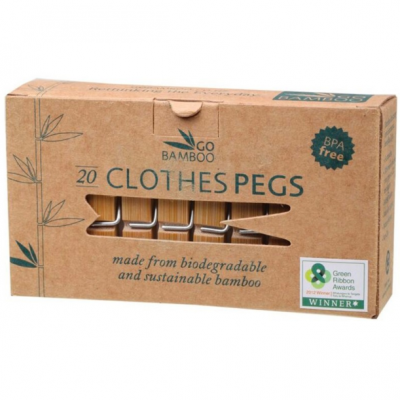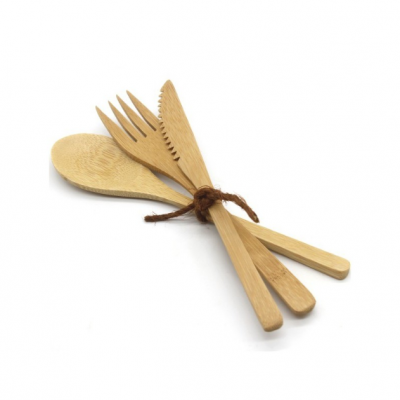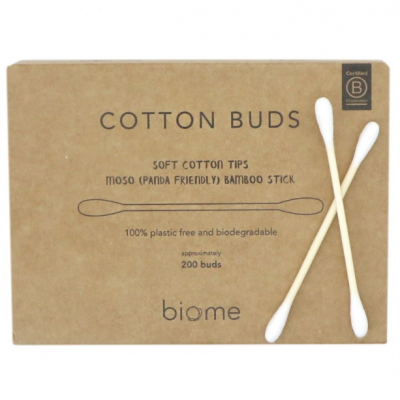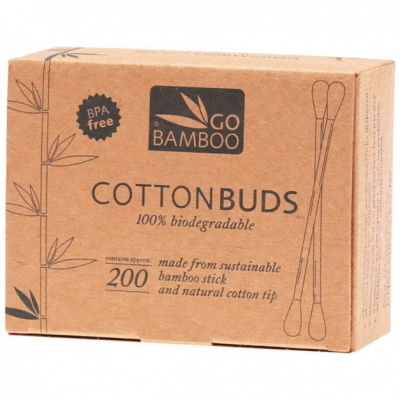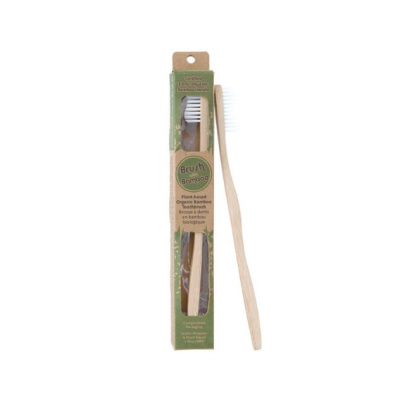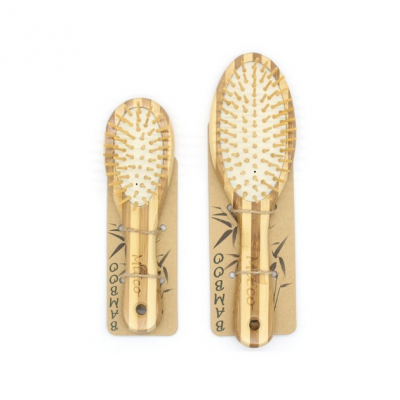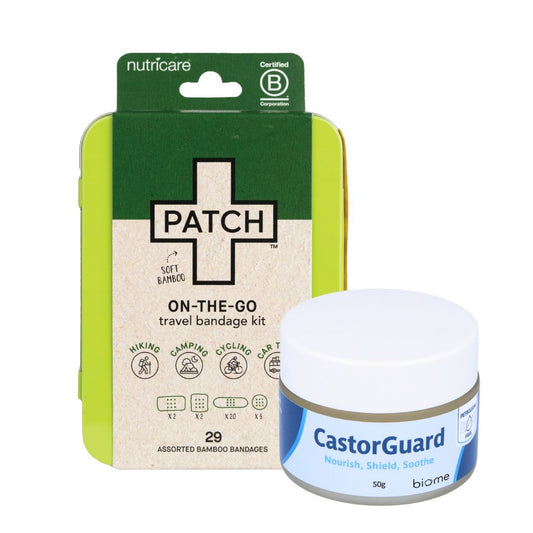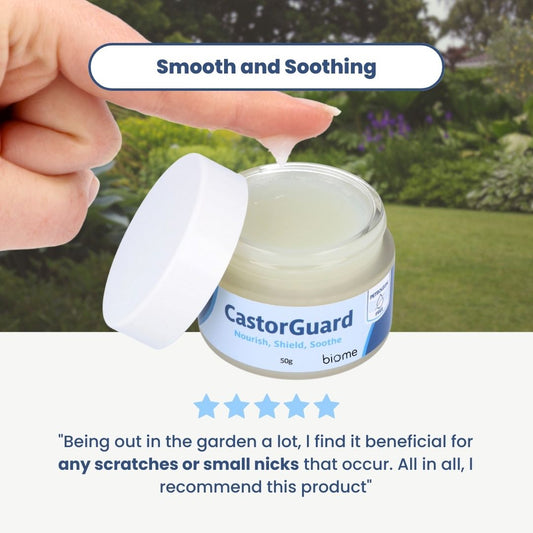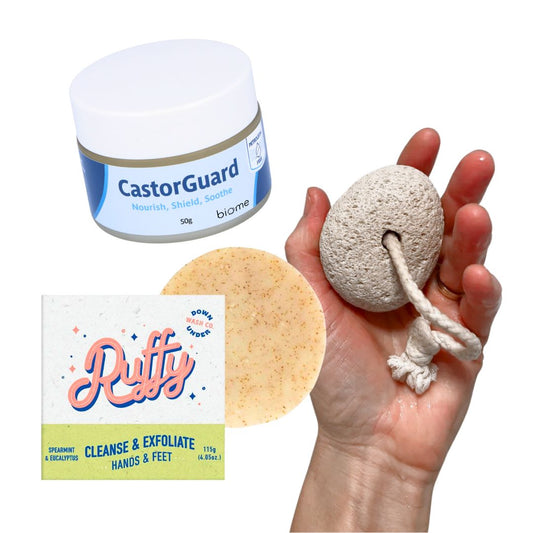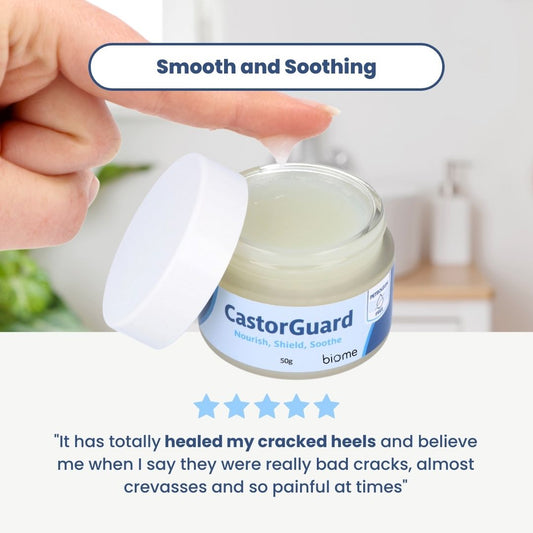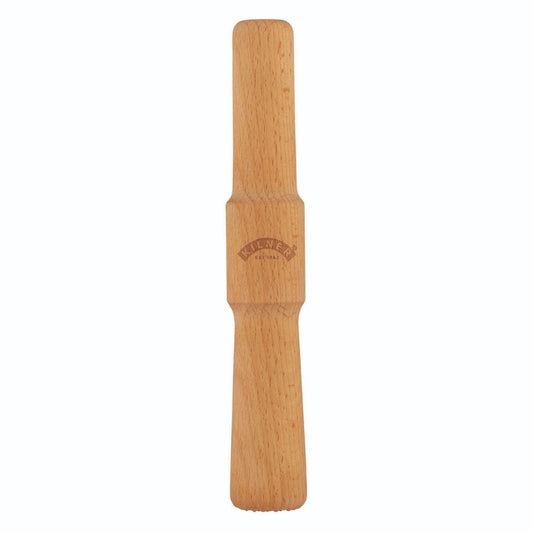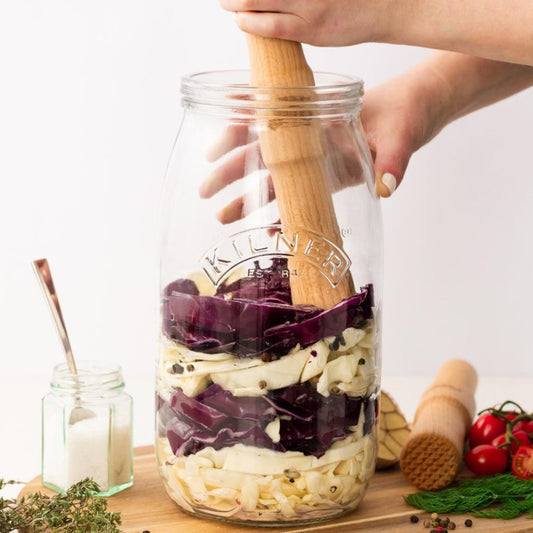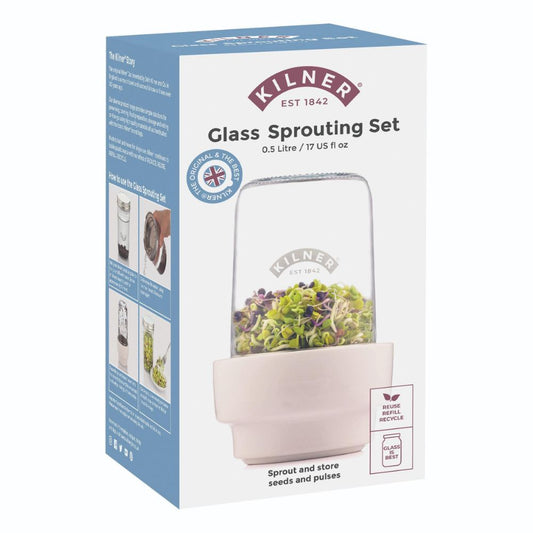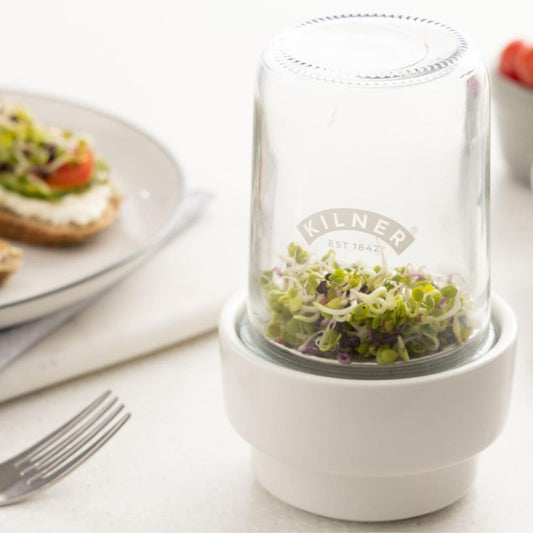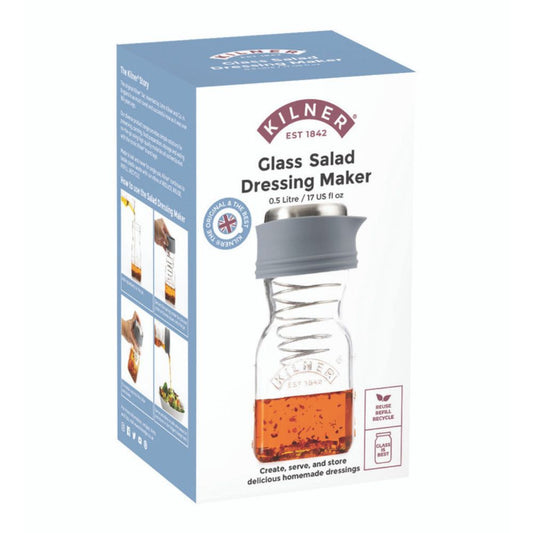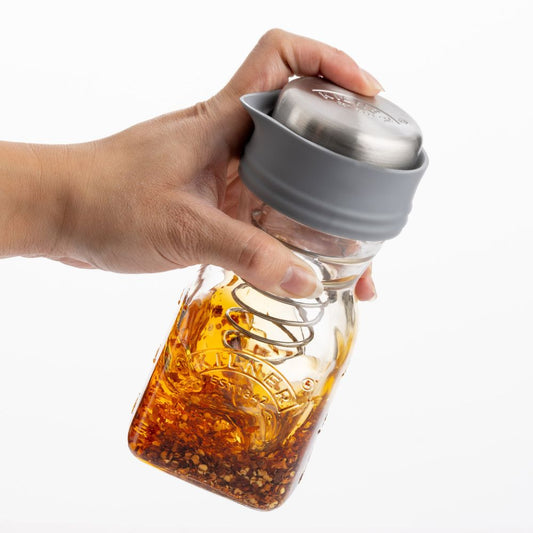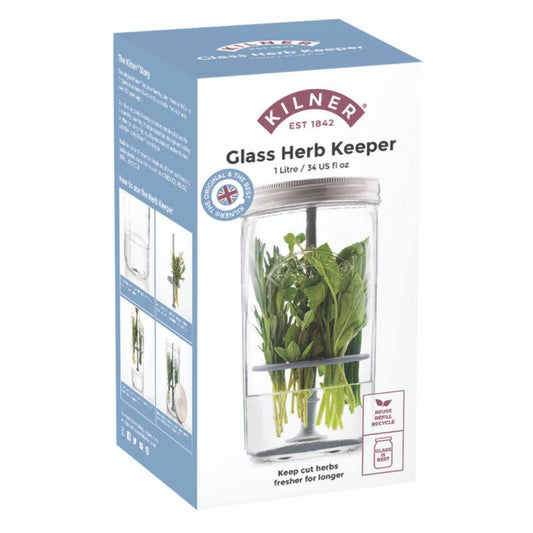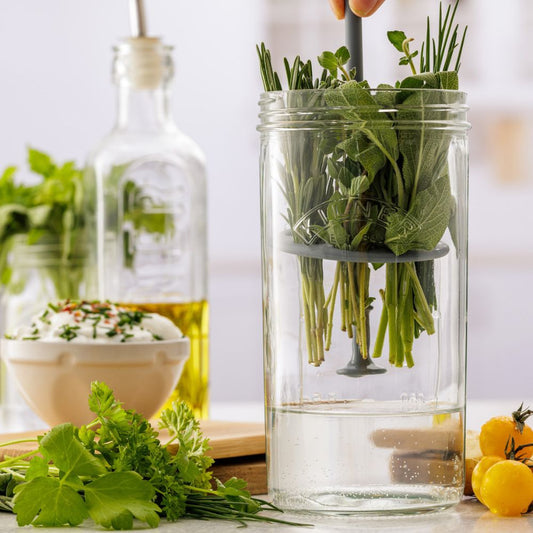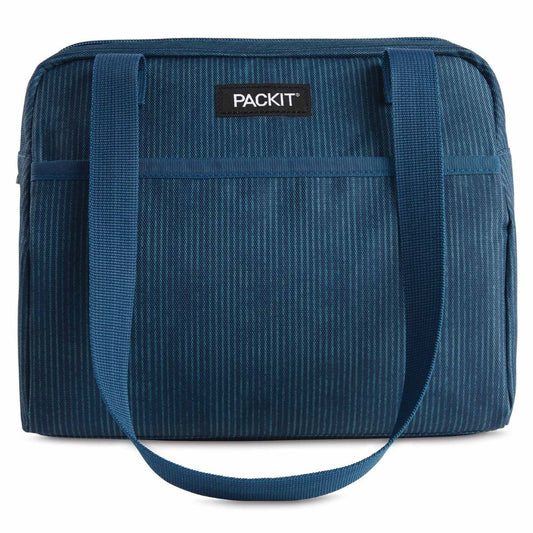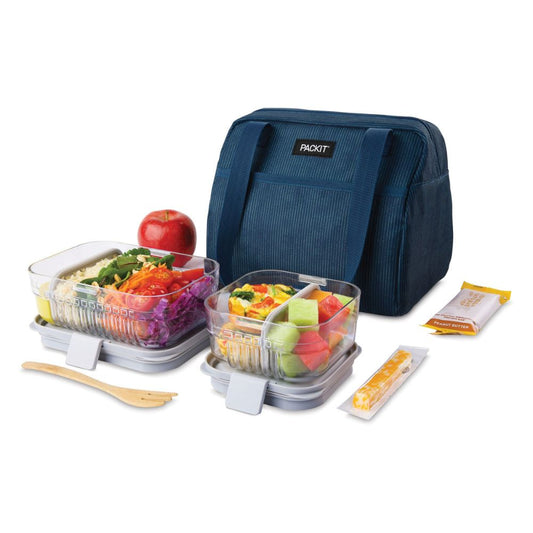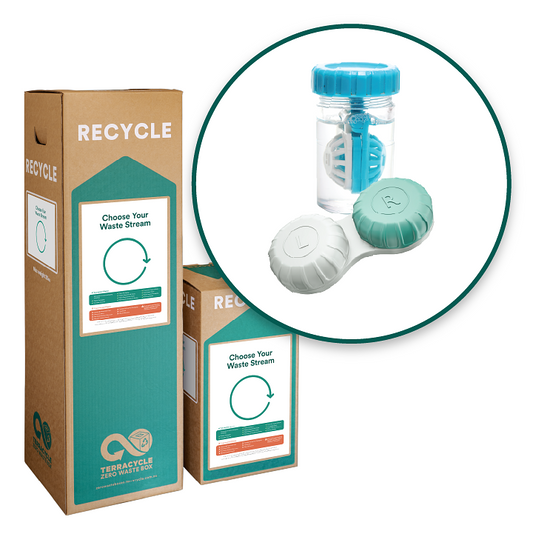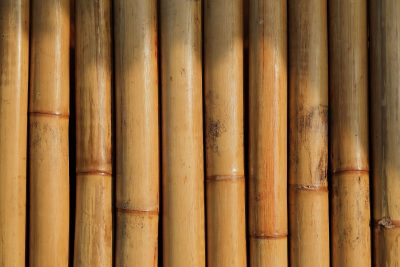
Despite the significant impact plastics have on the environment, approximately 300 million tonnes of plastic are created each year, and 50% of these plastics are single-use only. These plastics often end up in landfills or our waterways, leaching harmful chemicals and toxins into the environment, endangering the health of both humans and animals. Switching to plastic-free products where possible is always a good idea, but it can be difficult to work out which alternative material is the most sustainable option. Bamboo products have become popular among eco-friendly enthusiasts and those dipping a toe into the sustainability stream, but what makes bamboo sustainable? And is it really the best alternative? Here, we explore whether bamboo is truly sustainable, and which products are worth using.
What Is Bamboo?
Bamboo is a very fast-growing, self-generating tree-like grass. It has a hollow, wood-like stem that grows vertically. Once fully matured, bamboo begins to grow leaves out of the top of the stalk. There are more than 1000 species of bamboo, appearing in areas including Asia, South Africa, India, and Chile.
What Is Bamboo Used For?
Bamboo is used as a raw ingredient in clothing, homewares, and foods. In fact, bamboo shoots are used in many Asian dishes, as they are rich in fibre and potassium. Bamboo is also commonly used in Asia for construction purposes — think scaffolding, props, and the foundations for huts and houses. It is two to three times stronger than timber, and its tensile strength is stronger than steel!
Is Bamboo Sustainable?

Generally, bamboo is considered very sustainable. Bamboo is a fast-growing grass, and it continues to grow even when cut. The speed at which it regenerates — some species can grow up to 90cm per day — is definitely reason for a few sustainability points. As mentioned, bamboo is self-generating, meaning it regrows from its own roots and doesn't need to be replanted. In other words, it's naturally renewable. Bamboo plants also effectively absorb carbon dioxide and produce oxygen very well. They produce 35% more oxygen than trees and can absorb 12 tonnes of carbon dioxide per hectare, per year. Time to bump up that sustainability score!
The Drawbacks Of Bamboo
As long as it's grown in the right conditions, bamboo is considered quite sustainable. But for a fair assessment, we'll also need to take a look at some of bamboo's limitations in terms of sustainability. The majority of bamboo is grown and harvested in China. Unfortunately, evidence suggests the practices used for bamboo farming are not sustainable. The primary concern is land clearing. Due to increasing demand, bamboo plants are often grown as monocultures, meaning all other species are cleared from the space. Monocultures and land clearing create a number of problems for biodiversity, as fungi, bacteria, and insects need a diverse ecosystem to survive. It's also important to note that not all bamboo products are equal in sustainability terms.
Bamboo Fabric
Unfortunately, bamboo doesn't make for a very sustainable fabric. There are a few different ways in which bamboo can be fashioned into the thread to create clothing garments.- The first way is to comb out the fibres and then spin them into a bristly thread, which is known as bamboo linen. This process is costly and time-consuming, and the result isn't ideal for creating soft and comfortable clothing.
- The second method is to produce bamboo rayon, which is a silkier material fit for clothing and underwear. This method requires the use of intensive chemicals — the bamboo is dissolved into the chemicals, which produces a pulpy substance. This by-product is then spun to produce thread. The chemicals used are toxic and harmful to the environment, which means this method also isn't eco-friendly.
Changes are being made to better improve waste and chemical management through this process, which is a positive step forward. So, if you're choosing between regular cotton and polyester or bamboo clothing, bamboo is still a more eco-friendly option.
Are Other Bamboo Products Sustainable?
The answer to this one is a little blurry. There are a few different things to think about when exploring bamboo alternatives to household and lifestyle products. For example, you'll need to consider whether any harsh chemicals have been used in addition to the bamboo. If so, it's likely that the creation of the product has led to toxic leaching. In the same vein, it's important to note whether the company has particular water usage restrictions, as well as policies around transportation and land clearing. You're essentially looking to ensure that the bamboo product is ethically sourced and created using environmentally-friendly practices. After all, if a company uses excessive amounts of water and a whole host of chemicals, the product may actually end up doing more harm than good. Generally, however, if you're comparing bamboo products to plastic ones (especially single-use), bamboo will be a more sustainable option.
Bamboo Products
If you're looking to rid your home of some plastics, we recommend starting by subbing in the below bamboo items. They're easy to use, clean, and dispose of, and the below brands follow strict eco protocols to ensure their bamboo products are made as sustainably as possible.
Bamboo Cutlery
At this point, you may be questioning whether bamboo cutlery is good for the environment. The short answer is in most cases, yes, it is. Bamboo cutlery is definitely a superior alternative to single-use plastic cutlery. Bamboo cutlery doesn't go through the same chemical process as bamboo clothing, but some options will contain chemical coatings that aren't eco-friendly. Opt for a product that is 100% bamboo. The Biome Bamboo Cutlery Set is made from MOSO bamboo, which is a species of bamboo not eaten by pandas. The To-Go Ware set is also a great option and is 100% bamboo. Wondering how to clean bamboo cutlery? Simply rinse in toxin-free soapy water and let dry thoroughly before storing. Bamboo cutlery is also compostable in most cases. Brands will usually outline on the packaging if it's compostable, and those that don't may contain coatings and glues that are unsuitable for composting.
Biome Bamboo Reusable Cutlery Set - 3 piece
To-Go Ware Bamboo Utensil Set - Green

Bamboo Cotton Buds
Cotton buds are usually made from plastic, so bamboo is a great and more sustainable alternative. The Biome Bamboo Cotton Buds and Go Bamboo Cotton Buds are both compostable and biodegradable too!
Biome Bamboo Cotton Buds 200pcs
Bamboo cotton buds (pack of 200)
Bamboo Toothbrush
Swap out your plastic toothbrush for a bamboo one instead. A number of options available at Biome, including the Biome Bamboo Toothbrush and Bamboo Organic Bamboo Toothbrush, are made from plant-based materials and contain no glues or varnishes.
Brush with Bamboo Organic Bamboo Toothbrush Castor Bean Oil Bristles - Adult Soft
Biome Bamboo Toothbrush Adult SOFT
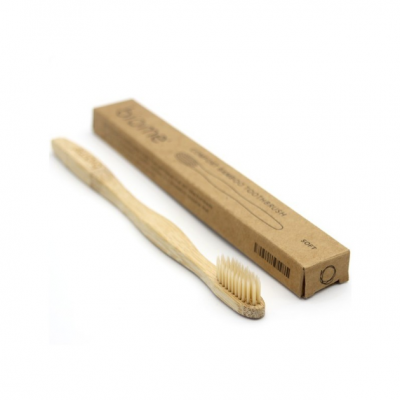
Shop our range of sustainable toothbrushes here >
Bamboo Hair Brush
Opt for a bamboo hairbrush — at the end of its useful life, it can be composted and will biodegrade safely. There are a number of bamboo hairbrushes to choose from at Biome. We're loving the Bass Bamboo Hairbrush and the MiEco Bamboo Hairbrush, which use bamboo for the both the handle and bristles.Bass Bamboo Large Hair Brush - Oval
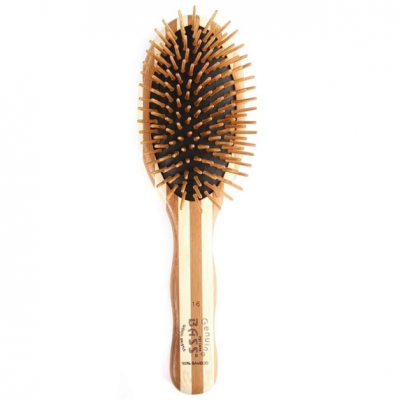
Bamboo hair brush (small)
Bamboo Clothes Pegs
Plastic clothes pegs are usually more trouble than they're worth. Not only are they notorious for snapping, they often end up in our waterways. Bamboo clothes pegs are a great alternative. The bonus? They won't stain your clothes like wooden clothes pegs. These Go Bamboo Clothes Pegs are compostable, recyclable, and can survive under harsh UV conditions.Bamboo clothes pegs (pack of 20)
